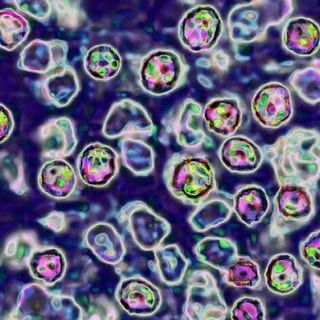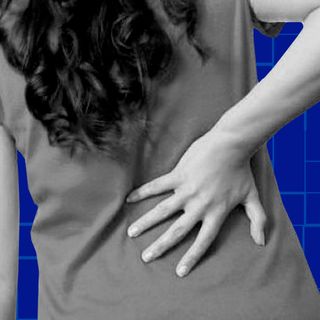There is so much about pregnancy that’s out of women’s control that anything that seems within our control — say, how much caffeine during pregnancy we consume — takes on utmost importance. But how important is it, really, to limit tea or coffee during pregnancy? What role does reducing or avoiding caffeine during pregnancy play in maintaining a healthy pregnancy and preventing miscarriage?
Not a lot. Even though several studies have linked caffeine consumption during pregnancy to miscarriage, it’s never been proven as a cause of pregnancy loss.
“The problem with [these studies] is that when people miscarry, a large percentage of those miscarriages are due to genetic abnormalities, and the researchers didn’t say whether these were normal or abnormal fetuses,” Dr. Laura Corio, an obstetrician and gynecologist at Mount Sinai Medical Center in New York City, told ABC News earlier this year, when yet another warning about caffeine and miscarriage rippled through the media.
Plus, there are just as many studies with conflicting conclusions that say consuming moderate amounts of caffeine during pregnancy has no negative effect.
A 2013 review of existing research on the topic concluded that 300 mg per day of caffeine during pregnancy — think: one to two cups of tea or coffee a day — “is not expected to be a concern.” Some doctors even say consuming up to four cups of caffeinated drinks per day, for women with no other risk factors for pregnancy loss, has no effect on chances of miscarriage. The exception to this might be sugary, caffeinated soft drinks, which are best avoided not necessarily due to their caffeine content (although they do have a higher caffeine content than coffee and tea), but due to their sugar content.
What pregnant women can do to minimize their chances of miscarriage and maximize their and their baby’s health, is take a daily multivitamin. Prenatal vitamins that contain folate are already normal prescriptions from obstetricians, as the nutrients support babies’ healthy neural development. But research has also shown the same nutrients may prevent miscarriage: women who take a daily multivitamin have a 55% lower chance of miscarriage, no matter how much caffeine they consume during pregnancy, than women who did not take vitamins.
So, pop those prenatal pills — and wash them down with your favorite caffeinated drink.




